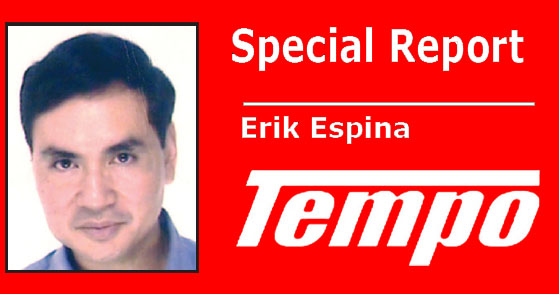By Erik Espina
ONE reminder taught us in Ateneo Law School was, “The Supreme Court (SC) is the final arbiter of all legal cases and constitutional issues. Even if it commits a mistake, it remains supreme”. This is the nature of constitutional governance, with the distribution of power, and checks and balance in three branches of government. Congress as legislative mill crafting and passing statutes.
Executive Branch, executes the laws. And the Supreme Court, interprets the laws. The advent of quo warranto as a mechanism to remove a sitting chief magistrate is a “new sighting” for expelling impeachable officials. The balance in the pendulum of power among the three the branches swayed, moving several degrees in this case. The basis, perhaps conceptual, indeed radical, if not controversial.
This could be pregnant for abuse, as it over-extends the bounds of constitutional public accountability to vistas when certain appointments (high elective positions?) may be examined, tried, and rendered void ab initio, for failing to mature into title to an office due to preliminary impediments? The Sereno ouster is a done deal at this point.
There is no institution, except the streets (or elective post) the ousted Chief Justice may seek redress from. This, despite the Senate expressing its sense, as already the highest court in the land, has spoken and unlikely reverse itself. In observance of the “supreme error” open to the SC, the academic query is pushed, “May the SC trespass the constitution, yet interpret such action favorably? Pinching reality, as, the next batch of bar examinees have no other option but be on board quo warranto if they want to be future lawyers.
As adjunct, a review of US Supreme Court decisions also reveals a history of “perplexing” jurisprudence (from our perspective), e.g. on slavery; of current, the legality of abortion. Question – may quo warranto proceedings be filed against constitutional officers? Could the VP be a test case on the question of late filing of Statement of Contributions and Election Expenses? A violation of law, which in the first place, disqualifies a candidate from assuming public office?


